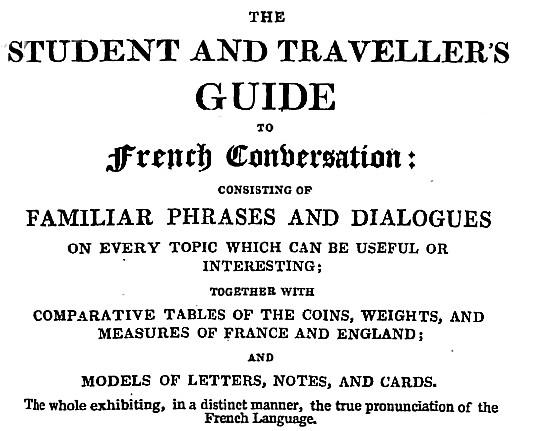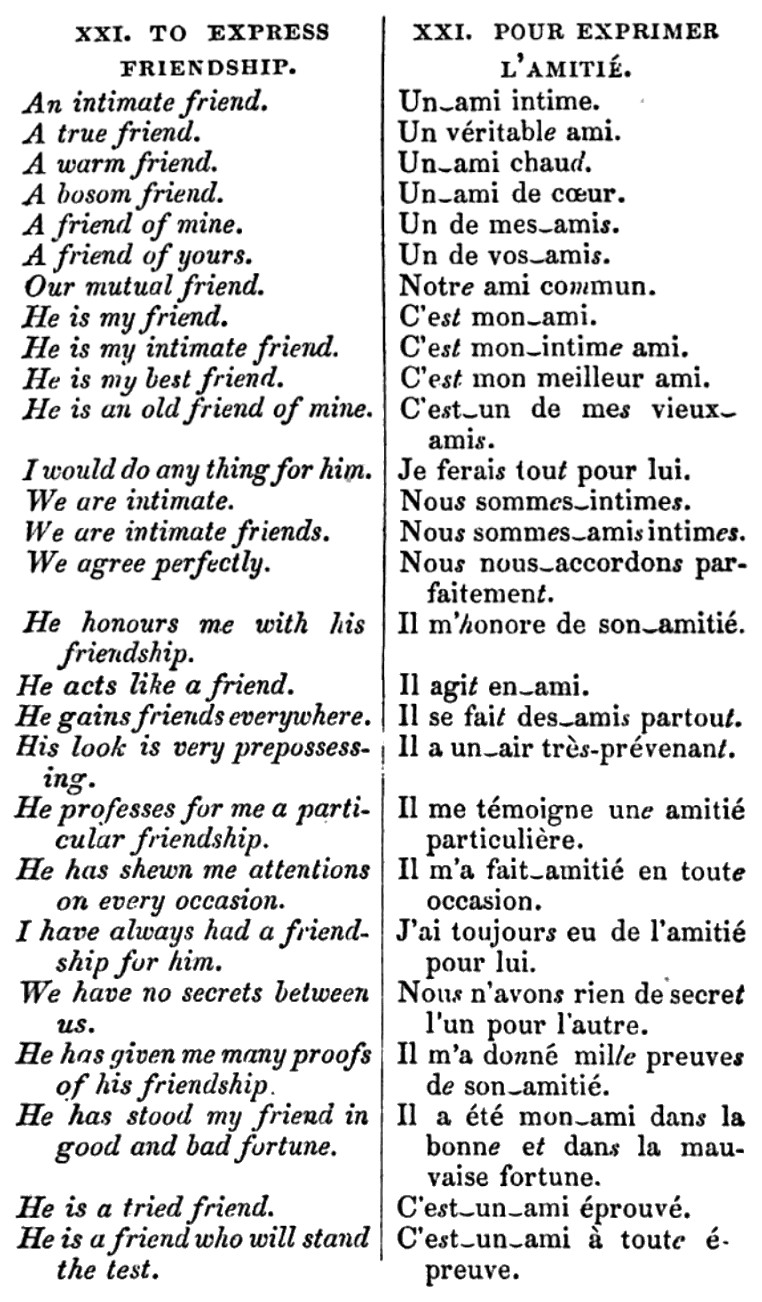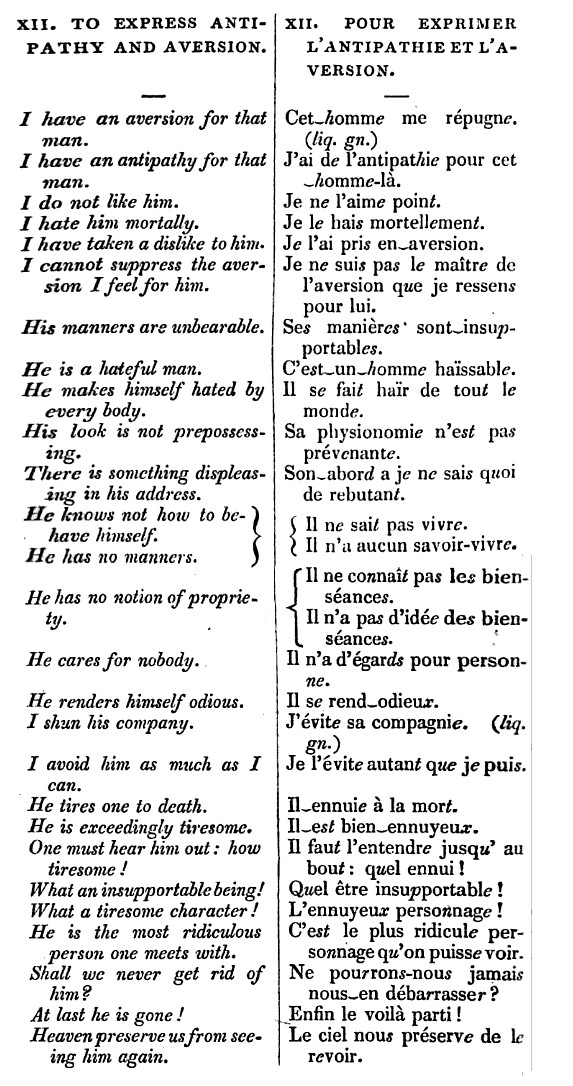Of truly false friends
“A true friend is a treasure which no power, how formidable soever, can be sufficient to wrest from the happy possessor. […] There can be no real friendship which is not founded upon virtuous principles, nor any acquisition, virtue alone excepted, preferable to a true friend.” (Cicero, Lælius, or, An Essay on Friendship).
A true friend is indeed the rarest of all treasures, he is at one’s side when needed even without being asked to, while false friends, a much more common occurrence (thereby reflecting the usual dichotomy between quality and quantity), often make use of the most uplifting words in order to state their undying friendship yet are sorely missed even when called for as they have more pressing occupations. The cornerstone of friendship isn’t words, as Shakespeare expressed it so well: “Let deeds express / What’s like to be their words” (Coriolanus).
Speaking of words, “false friends”, in linguistics, refer to similarly looking or sounding pair of words in two distinct languages but which have different meanings. This expression was originally coined in French as faux amis, in the title of a book published in 1928 and listing many such misleading similarities (as they abound here too…), qualified as “treasons” in the subtitle of the first edition of the book.
A couple of simple examples are actuellement (meaning “currently”, rather than “actually”) and éventuellement (“possibily”, rather than “eventually”), or librairie (“book store”, rather than “library”). The illustration above is yet another instance, where “He has ideas above his station” was literally translated into French, where “station” means “a stopping place” (like a bus or train station) as in English, but definitely not a person’s social place or position.
 In its section about friendship, The Student and Traveler‘s Guide to French Conversation consisting of Familiar Phrases and Dialogues […] (click on image for full title), whose fifth edition was published in London in 1839, contains a few amusing translations which would definitely be a faux pas in today’s French:
In its section about friendship, The Student and Traveler‘s Guide to French Conversation consisting of Familiar Phrases and Dialogues […] (click on image for full title), whose fifth edition was published in London in 1839, contains a few amusing translations which would definitely be a faux pas in today’s French:
-
“A warm friend” is translated as “Un ami chaud”, which means a (sexually) hot friend.
-
“We are on friendly terms” is translated as “Nous vivons en amis” (which means “We live [together] as friends”).
-
“He professes for me a particular friendship” is translated as “Il me témoigne une amitié particulière”, which (as of Peyrefitte’s 1943 novel, Les amitiés particulières), denotes the “love that dare(d) not speak its name”, i.e. love between two men. Besides, one would say “Il me témoigne d’une amitié particulière”
Here is the full section on friendship (the italics in the French section are meant to denote letters which aren’t pronounced, and the little sign connecting two words means that the last consonnant sound of the first one must merge with the first vowel sound of the second one):

And for the sake of completeness, here is the following section (here too, some of the translations might raise an eyebrow, like “Il ennuie à la mort”):


